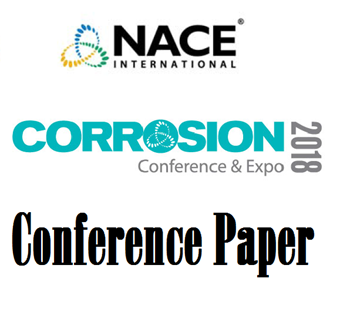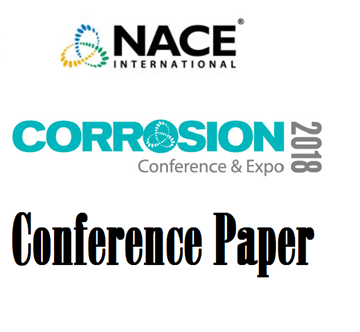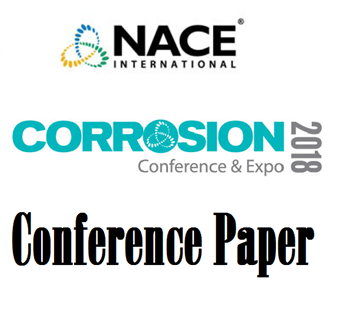Search
51318-10849-Effect of iron sulphide formation on hydrogen embrittlement of an API 5L X80 steel in H2S solutions
Also Purchased
51318-10841-BARE FIELD JOINT FOR SUSBEA PIPELINES A POSSIBLE ALTERNATIVE ?
Product Number:
51318-10841-SG
Publication Date:
2018
$20.00
51318-11223-Evaluation of Top-of-Line Corrosion Model for Multiphase Oil and Gas Environments
Product Number:
51318-11223-SG
Publication Date:
2018
$20.00
51318-10846-Comparison of critical pitting temperatures of stainless steel in different salt solutions
Product Number:
51318-10846-SG
Publication Date:
2018
$20.00




